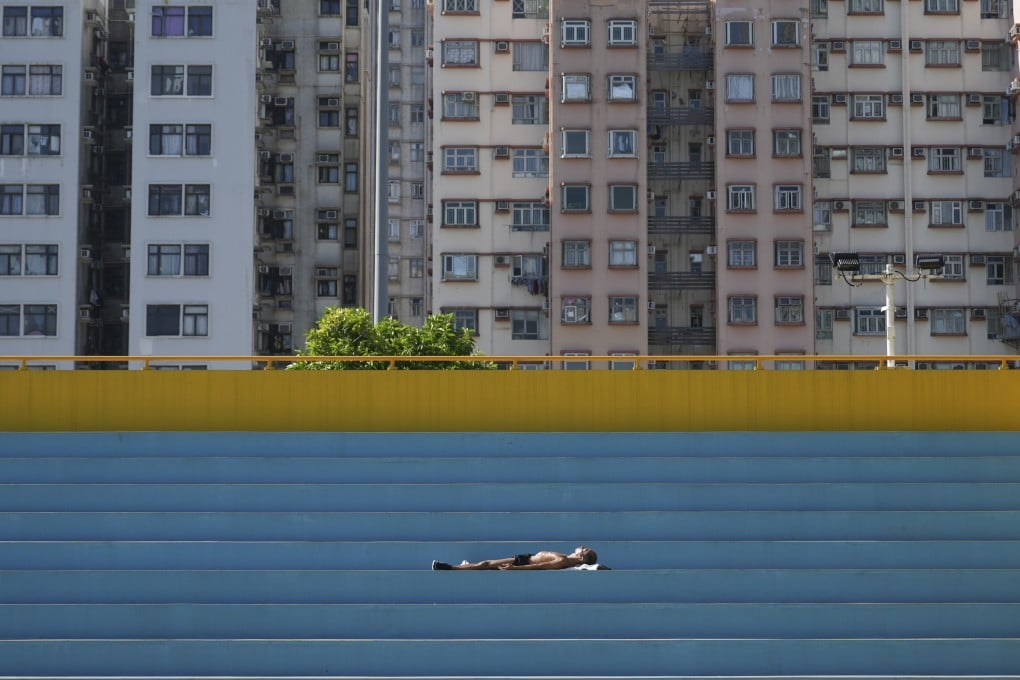Advertisement
Hong Kong developers Sino Land, Hysan expect last year’s ‘uncertainties’ to loom over city’s property sector this year as well
- While a number of macro factors may affect the pace of recovery, Sino Land is ‘cautiously optimistic’ about the Hong Kong property market, its chairman says
- The global and local economic outlook this year ‘remains uncertain’: Hysan chairman Irene Lee
Reading Time:2 minutes
Why you can trust SCMP
0

Sino Land and Hysan Development, two major Hong Kong property developers, expect “uncertainties” to continue to affect the city’s real estate market, they said in their latest financial reports on Thursday.
Sino Land said that its profit in the July-to-December period last year – the first six months of its financial year – rose 6.5 per cent to HK$2.6 billion (US$332 million) even as revenue fell by about 23 per cent to HK$4.92 billion. Its property sales jumped 70 per cent to HK$6.63 billion.
The developer has a net cash position of about HK$43.3 billion after taking into account debts of HK$832 million.
“The global economy is recovering from the pandemic,” Robert Ng Chee Siong, Sino Land’s chairman, said in the report. “Meanwhile, a number of macro factors are at play, such as geopolitics, international trade frictions, uncertainty over the interest rate hike cycle and supply chain rebalancing, which may all affect the pace of recovery.
“The group is cautiously optimistic about the Hong Kong property market.”
The firm has projects in Hong Kong as well as mainland China, where the real estate sector continues to reel from an economic slowdown.
Advertisement